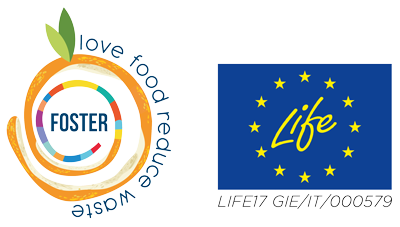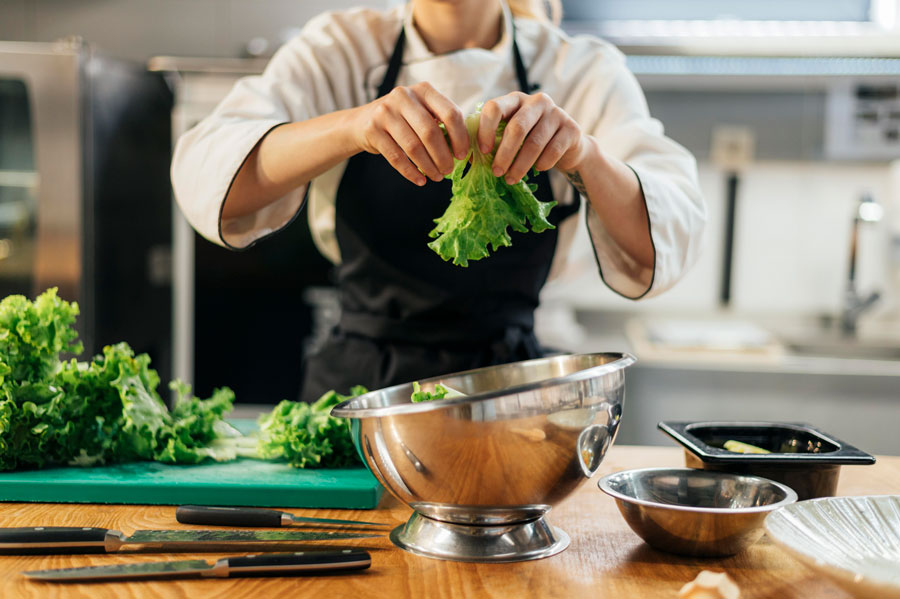
Plan menus and orders. Buy less but more frequently. Purchase without excess from a proper supplier
Major suppliers are not always the most convenient. To reduce the stock and related costs, it is often preferable to have a nearby supplier who can deliver small quantities
Suppliers’ participation in sustainable restaurant service makes purchasing more efficient. You can also consider buying “ugly” products that retailers usually do not sell because of their appearance
If you have food surplus, you can re-distribute it through local charities and/or distribution apps. On the other hand, re-consider planning carefully and monitor product usage to optimise it

Manage food products properly to guarantee food quality and safety. Check state of freshness when you receive products and use-by date. This will avoid food wastage
Apart from cost control, proper management favours your guests. This means having a rotation and fresh food to offer. If guests get used to eating fresh food, they will trust producers
If guests leave food on their plates, you can propose a “gourmet bag” to take it home
With unavoidable food waste – i.e. non-edible parts – you can produce compost and animal feed. Otherwise, you can give it to companies that will make bio-products and bio-energy





